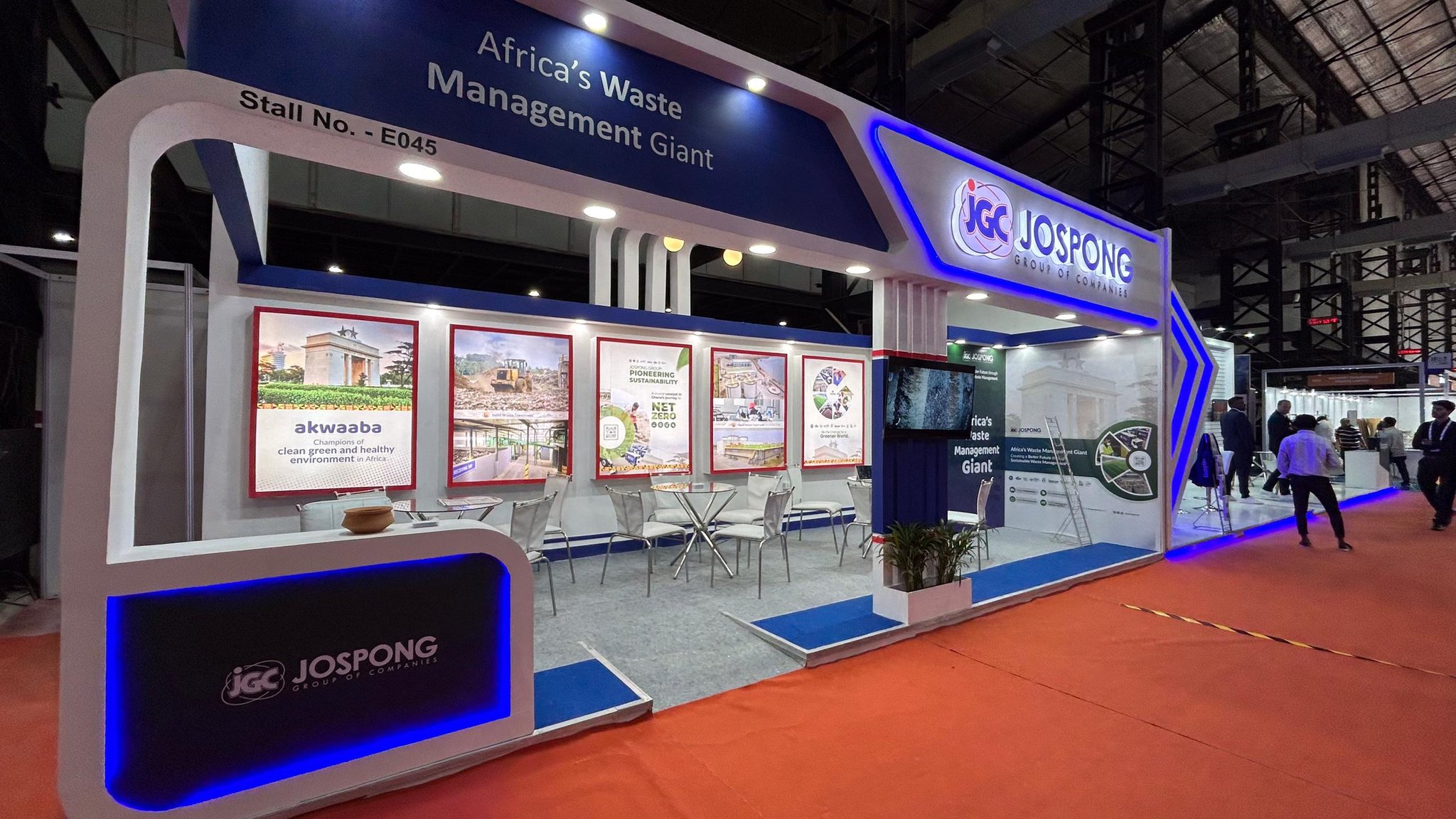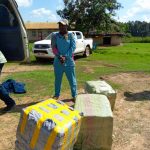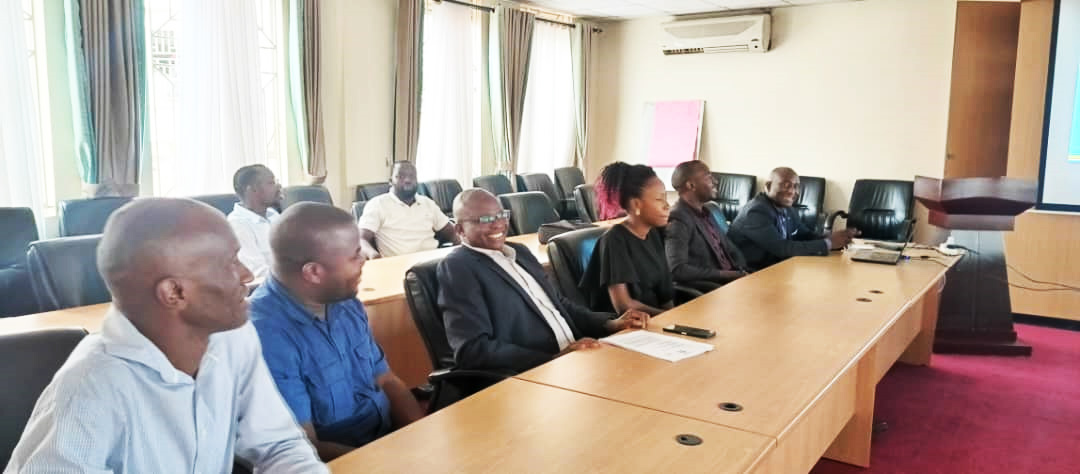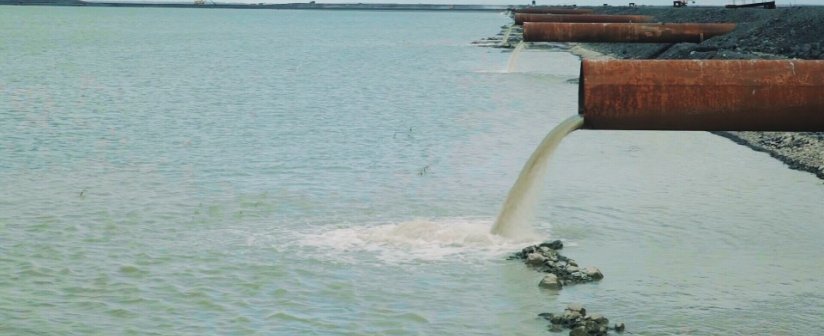(Kampala) – The Jospong Group of Companies is set to begin operations at the Kiteezi Garbage Project following confirmation from Kampala’s Minister for Kampala, Hajjati Minsa Kabanda.
Hajjati Kabanda stated that Jospong Group has shown commitment to reducing the height of the Kiteezi landfill using the capping method. Additionally, the company plans to implement long-term recycling solutions to better manage waste in the area.
In a letter dated October 15, 2024, the minister directed the Kampala Capital City Authority (KCCA) Executive Director to engage with Jospong Group to initiate community discussions with residents near Kiteezi. These engagements are intended to prepare the community for the upcoming work aimed at reducing the landfill height and addressing related waste management issues.
The letter instructed KCCA to collaborate with the Attorney General to draft a memorandum of understanding that outlines the roles and responsibilities of both KCCA and Jospong regarding the company’s activities at the landfill.
The announcement follows a recent transition of leadership at the landfill, with Joseph S. Agyepong, the Chief Executive Officer of Jospong Group, officially taking over operations. Agyepong indicated that the actual transformation of the Kiteezi landfill is scheduled to start in March 2025. A technical team arrived on October 10 to conduct a survey of the landfill site as part of the preparation process.
Agyepong detailed ambitious plans for the Kiteezi project, including the construction of a waste facility capable of processing around 2,000 tons of waste daily. The facility will feature machinery designed to sort, crush, and convert plastic waste into usable products such as dustbins. Additionally, the company aims to train scrap dealers in effective waste sorting to enhance the value of the materials processed.
He emphasized the potential of the organic waste material, stating that 62% of Africa’s waste is organic and can be transformed into fertilizer. Agyepong noted that, with the right facilities, it is possible to recover up to 99% of the material currently deposited in the landfill, reimagining it as a valuable resource rather than waste.
This development comes in the wake of a tragic incident on August 10, when a massive heap of garbage collapsed, resulting in the deaths of 35 individuals, injuring 18 others, displacing 280 people, and destroying 171 households.
Uganda faces considerable challenges in managing waste due to rapid urbanization, a growing population, and insufficient infrastructure.




















